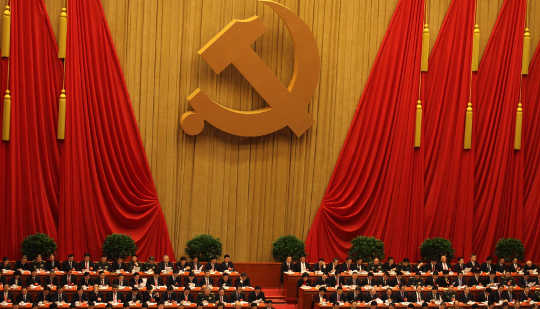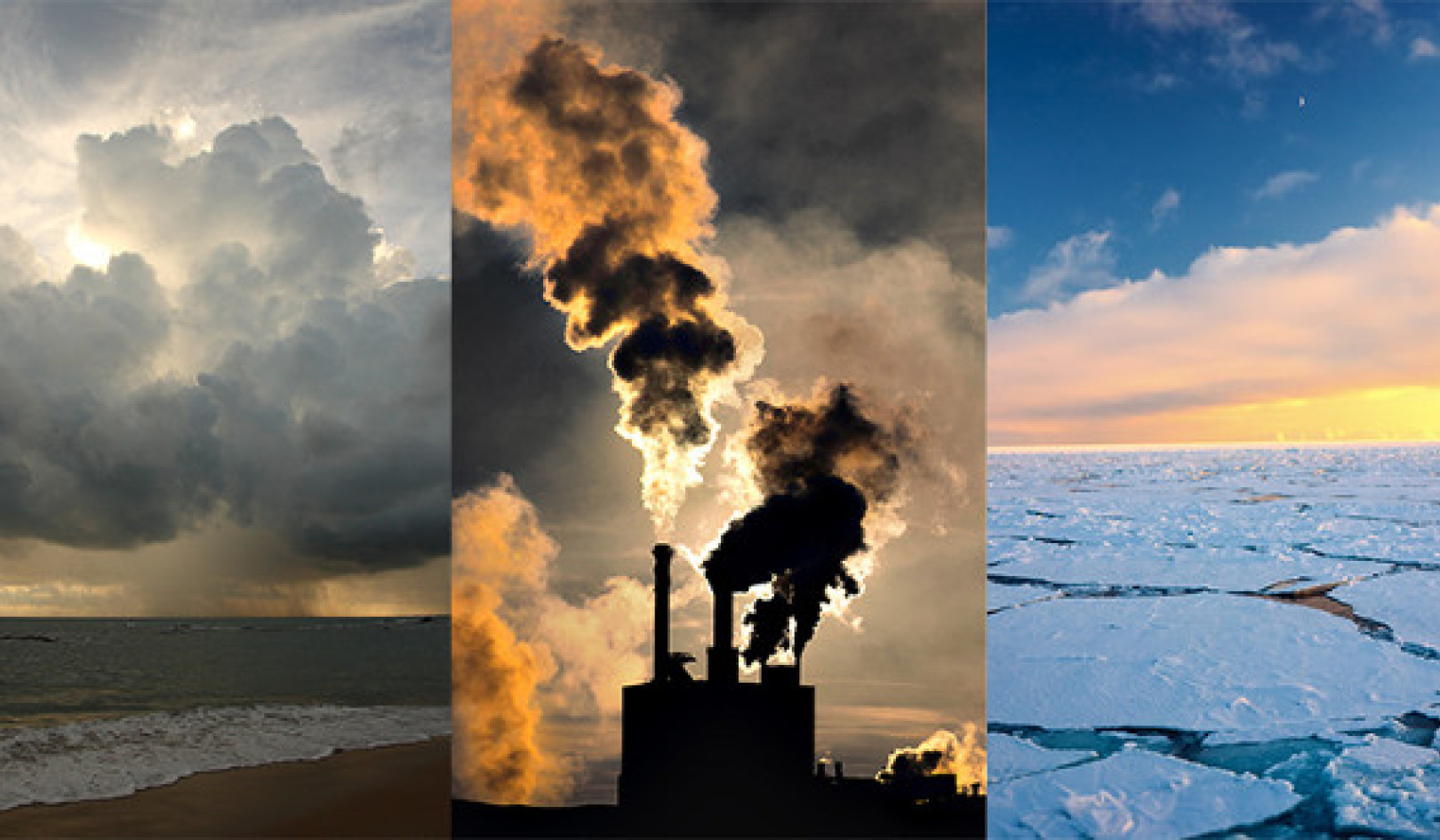
There has been significant suspicion in Australia and elsewhere on the wealth of particular business people, investors and companies from China. There’s always the suggestion that there is something unacceptable about it, whether it be tax evasion, corruption money, stolen money and illegitimate or illegal business ventures.
However this is because we’re looking at the situation with Western goggles on. When you consider the way things run in China, corruption starts to look very different.
There is a lot of academic, anecdotal and official material to support the suspicions about China. The problem of corruption is now notorious not least because of the Chinese government’s current anti-corruption campaign.
The diversion of state assets is one form of corruption of major concern in China. This is when resources that belong to the state are diverted into private hands. It takes many forms, from direct cash or asset diversion to the selling of land to developers when there is ostensibly no right to sell.
Pirated goods and fake products as a result of illegitimate businesses is another side of many corrupt practices.
Developed rule of law has simply not existed in China since the economy changed at the end of the 1970s. Although arguably changing, the system in China has been that, those who entrepreneurially take advantage of available state resources and generate wealth for themselves and the country are usually allowed to do so. Many of these people are themselves public officials or closely connected to them.
In addition, the evolving system of government has encouraged local state entrepreneurship through vague laws and localised administrative decision-making and competitiveness. Local officials are meant to adapt laws to fit competitive local economic development and they do.
A large section of the new wealthy middle class has become rich on the exploitation of housing allocations. They got these from connections in particular governmental and state owned enterprise posts, in the previous era. This may appear illegitimate but the state is now actively fostering this middle class for political and economic goals.
China generally supports those who took advantage of state assets in the earlier economic era and successfully generated economic activity because of the role they played in the country’s economic transformation.
This means the government doesn’t really see these people as corrupt or tax avoiders. In fact, tight definitions of legitimacy have little to do with China’s current and past reality.
Notably, a large part of the story of China’s successful economic transformation is the story of individuals and officials who violated restrictive regulations and laws on economic activity to positive economic outcomes for the country.
However, this also means an official can be accused of corruption as part of a politically motivated initiative to remove them. A business person can be accused of breaking a business law or tax evasion for a similar purpose.
For example,
That said, there is no doubt that there are true ill-gotten gains in China and truly corrupt people. It’s just that this truth needs to be understood through a more complex and murky institutional prism of legitimacy.
This all raises some significant problems for other countries that seek to attract Chinese capital and business but do not like the idea that this money may not be legitimate.
It would be unfair to argue that it is illegitimate simply because it does not accord with the standards applicable in Western countries. Likewise, it may be unfair not to protect a person accused of corruption, if the truth is that they are actually the target of a politically motivated persecution.
![]()
About The Author
Nolan Sharkey, Winthrop Professor of Law, University of Western Australia
This article was originally published on The Conversation. Read the original article.
Related Books:
at InnerSelf Market and Amazon






















